The Chinese Communist Party will no doubt throw a militarized tantrum should Saturday’s election in Taiwan be won by Lai Ching-te, the more independence-minded of the candidates. Yet behind these histrionics lies an army in turmoil, with a purge of top generals raising serious doubts as to whether it is up to the task of fighting a war.
The CCP has spent billions of dollars expanding and modernizing its armed forces at a pace rarely seen in peacetime, with the aim of creating a cutting edge force. But the money thrown at the generals and their hunger to acquire shiny new kit has fueled increasingly deep-seated corruption in its rapacious ranks. According to US intelligence assessments, Xi observed that some of the People Liberation Army Rocket Force’s missiles were filled with water instead of fuel and silos in western China had lids that could not properly open. The Rocket Force oversees China’s land-based missiles, including nuclear weapons, and would play a key role in any battle for Taiwan. The US assessments, reported by Bloomberg, suggest that military corruption is so extensive that President Xi Jinping is less likely to contemplate major military action over the coming years than had been assumed.
Shortly before new year, nine senior officers were ousted from the National People’s Congress, China’s top legislative body, a move that typically precedes more serious action. Three were former commanders or vice commanders of the Rocket Force, one a former Air Force chief and another a Navy commander responsible for the South China Sea, where the CCP is aggressively asserting extensive territorial claims. Four were in charge of procuring equipment. Three of those purged were members of the Central Military Commission, the country’s top military decision-making body, which is chaired by Xi.
Their removal follows the disappearance early last summer of Li Yuchao, the last Rocket Force commander and his deputy. Defense minister Li Shangfu also vanished without explanation last August after just six months in the job. During his last public appearance, at a security forum in Beijing, Li said the world was entering a period of “instability” — though that would seem to apply more aptly to the top echelons of the PLA. These are likely to be just the more visible tip of a purge that goes far deeper and broader.
Behind these histrionics lies an army in turmoil
Inevitably most attention has been on the Rocket Force, the most secretive and sensitive branch of China’s military. “The strategic nuclear force is what China relies on as the bottom line of its national security, and the last resort on Taiwan,” according to Yun Sun, director of the China Program at the Stimson Center, a Washington DC-based think tank. “It will take some time for China to clean up the mess and restore confidence in the Rocket Force’s competence and trustworthiness.”
When Xi came to power in 2012, he pledged to clean up the PLA, which ran a business empire so big that preparing for war appeared to play second fiddle to money-making. The PLA is also a party organization, which means its loyalty is supposed to be first and foremost to the CCP, enforced through a system of political commissars, which Xi sought to bolster. It is a system that has been criticized for undermining military professionalism, and in spite (or possibly because of) Xi’s efforts, the graft only seems to have got worse. Many among those now being purged are his own hand-picked officials, including defense minister Li, which will inevitably be seen as an indictment of Xi’s abilities and judgment. That said, suggestions that it is all down to graft should be treated with caution. “Corruption” is a catch-all used by the party as a cloak for all manner of misdemeanors, real or imagined, and is frequently a veil for the purge of political opponents.
Speculation has inevitably centered on whether the purged commanders leaked military information at a time when China is undertaking a substantial expansion of its nuclear arsenal, making the Rocket Force of special interest to Western intelligence agencies. CIA director William Burns said that rebuilding human spy networks in China is a top priority after they were compromised and ruthlessly dismantled more than a decade ago. Between 2010 and 2012 dozens of CIA sources were reportedly killed or disappeared after Beijing cracked the systems used by the agency to communicate with them. “We’ve made progress and we’re working very hard over recent years to ensure that we have strong human intelligence capability to complement what we can acquire through other methods,” Burns told the Aspen Security Forum last year.
The broader espionage theory was boosted by last year’s disappearance of Xi’s hand-picked foreign minister Qin Gang, amid rumors that Qin, a former ambassador to America had fathered a child with his mistress, a TV presenter, who also vanished. There have been suggestions that Qin or his Cambridge-educated mistress were compromised by western intelligence agencies, and that the CCP moved against Qin after being tipped off by Moscow.
Such rumors are impossible to confirm, but there has in recent months been a level of paranoia in China that is intense even by the standards of the CCP. A new anti-espionage law defines spying so broadly that it would seem to cover just about anything the party chooses. The Ministry of State Security, responsible for both espionage abroad and counterintelligence at home, has urged citizens to snoop on friends and neighbors, looking out for suspicious behavior. In July, officials in the southwestern city Chengdu blocked Tesla cars from areas Xi was visiting out of fear that the cars, brimming with sensors and cameras, could be used for espionage or sabotage. Teslas had earlier been barred from military complexes and housing compounds. This week, the MSS claimed British intelligence services had used the head of a foreign consultancy to spy on the country. This followed the arrest last year of two Chinese nationals for allegedly spying for the CIA. With the US and UK accusing Beijing of unprecedented levels of espionage, the new Cold War is fast beginning to echo the last one against the Soviet Union.
In addition to the ousted military officers, China’s new year purge included three senior leaders at defense equipment firms, expelled from the Chinese People’s Political Consultative Conference, a top political advisory body to the CCP. They included Wu Yansheng, chairman of China Aerospace Science and Technology Corp, who has won national awards for his contribution to the space sector. The company makes tactical missile systems. The promotion of contractors from China’s military industrial complex to influential political roles has accelerated over recent months, part of the Xi’s effort to enhance “military-civil fusion” — a policy of harnessing technology from the nominally private sector for the benefit of the military. It could well be that these dismissals are specifically related to corruption at the Rocket Force, but “military-civil fusion” is of particular interest to America’s spies and is a key reason why the US is restricting sales of advanced technology to China.
In a new year statement, the PLA’s official newspaper pledged to wage a “war on graft” this year, suggesting more purges are on the way. With one eye on how pervasive corruption has undermined Russia’s bungled water effort in Ukraine, President Xi must surely realize that the sorry state of the PLA undermines his new year pledge that Taiwan would “surely be unified” with China. On the eve of a democratic election in Taiwan that would never be allowed in China, Xi’s main instrument for achieving his aim appears anything but combat-ready, more paper dragon than people’s army, stumbling along to the tune of deep-seated graft.
This article was originally published on The Spectator’s UK website.



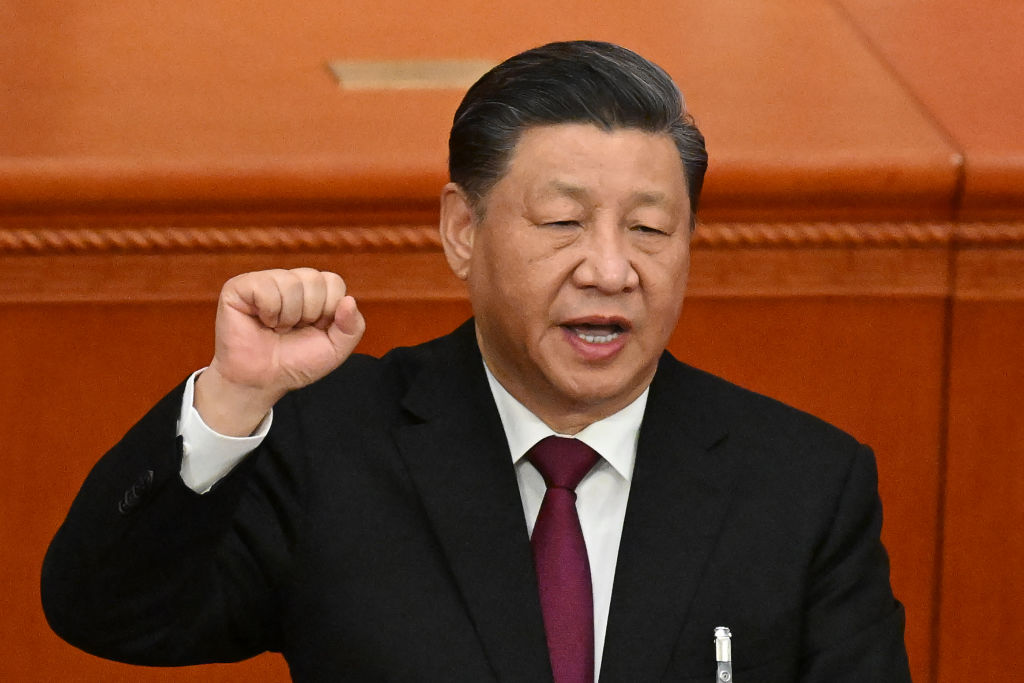






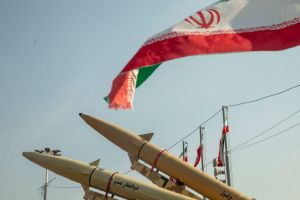

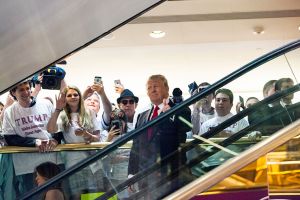
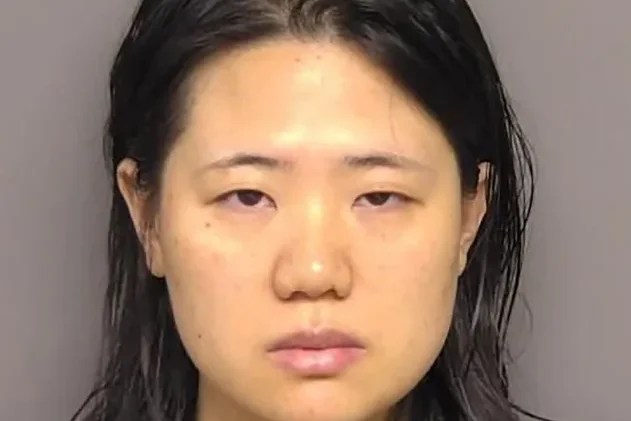
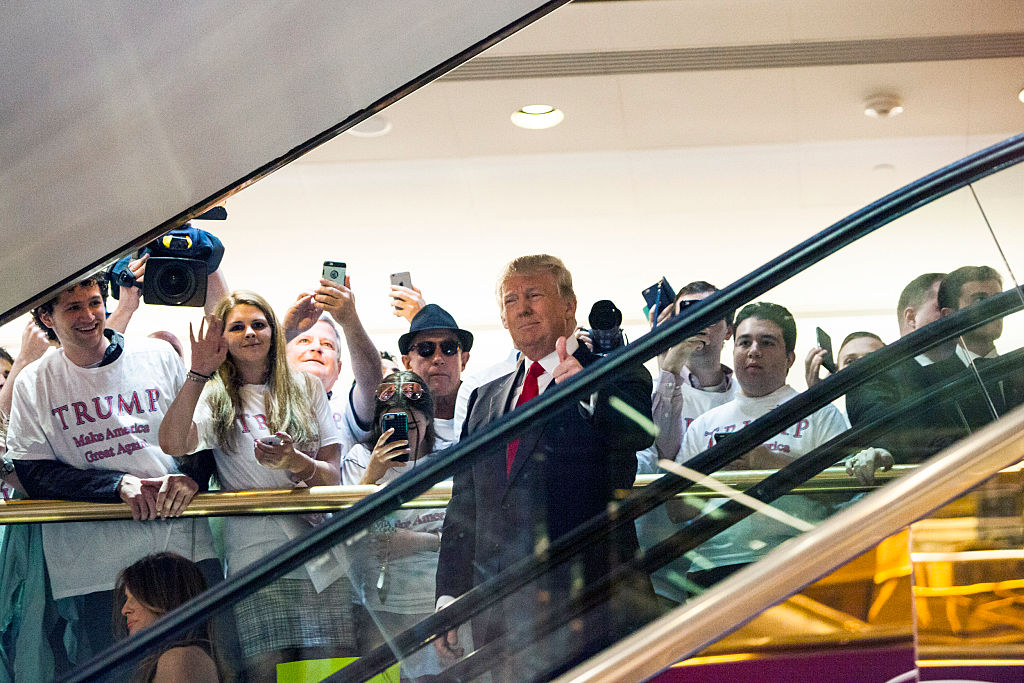


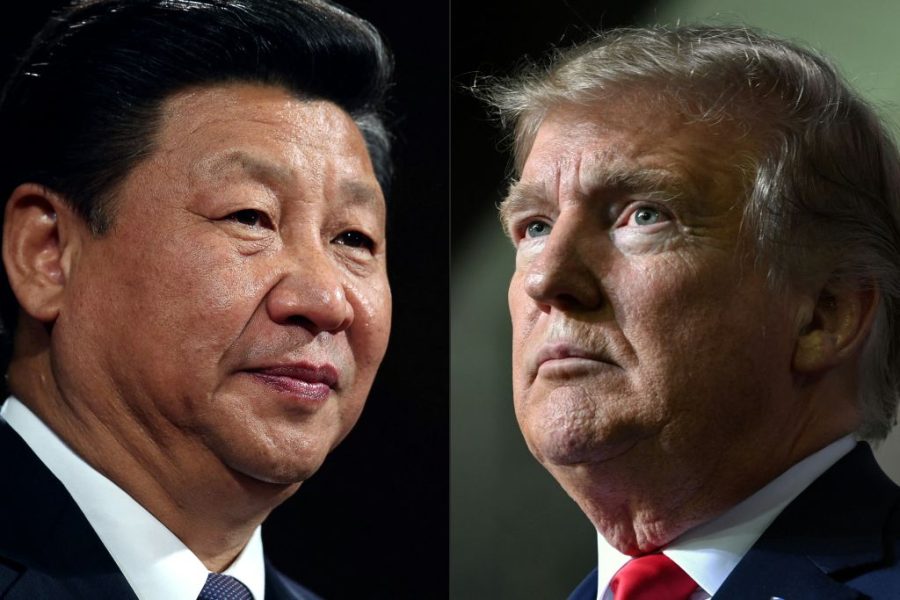
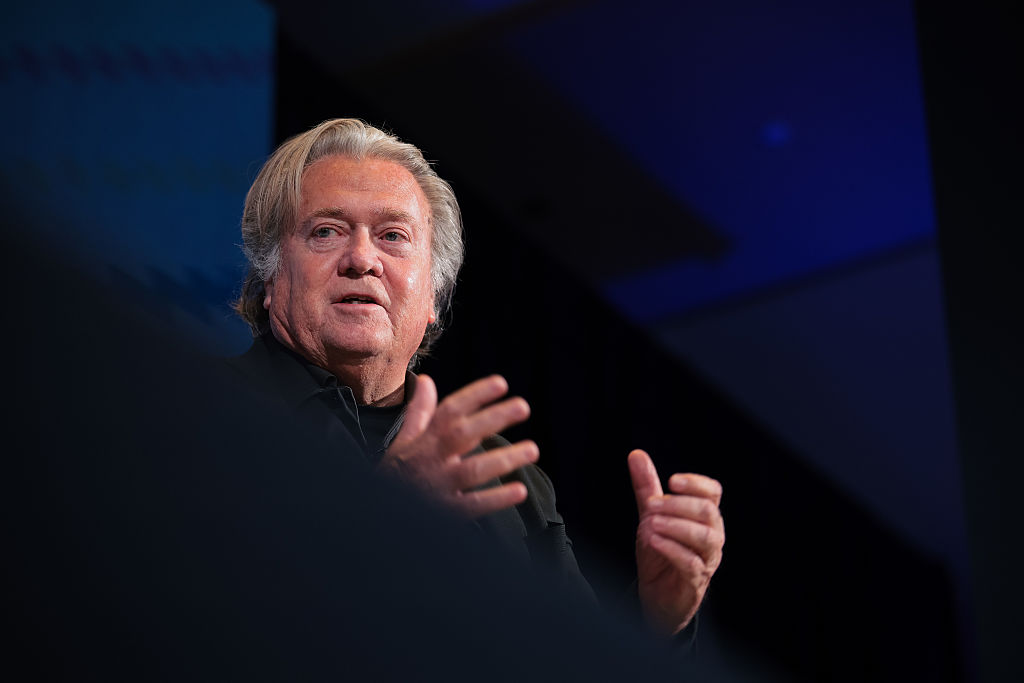







Leave a Reply